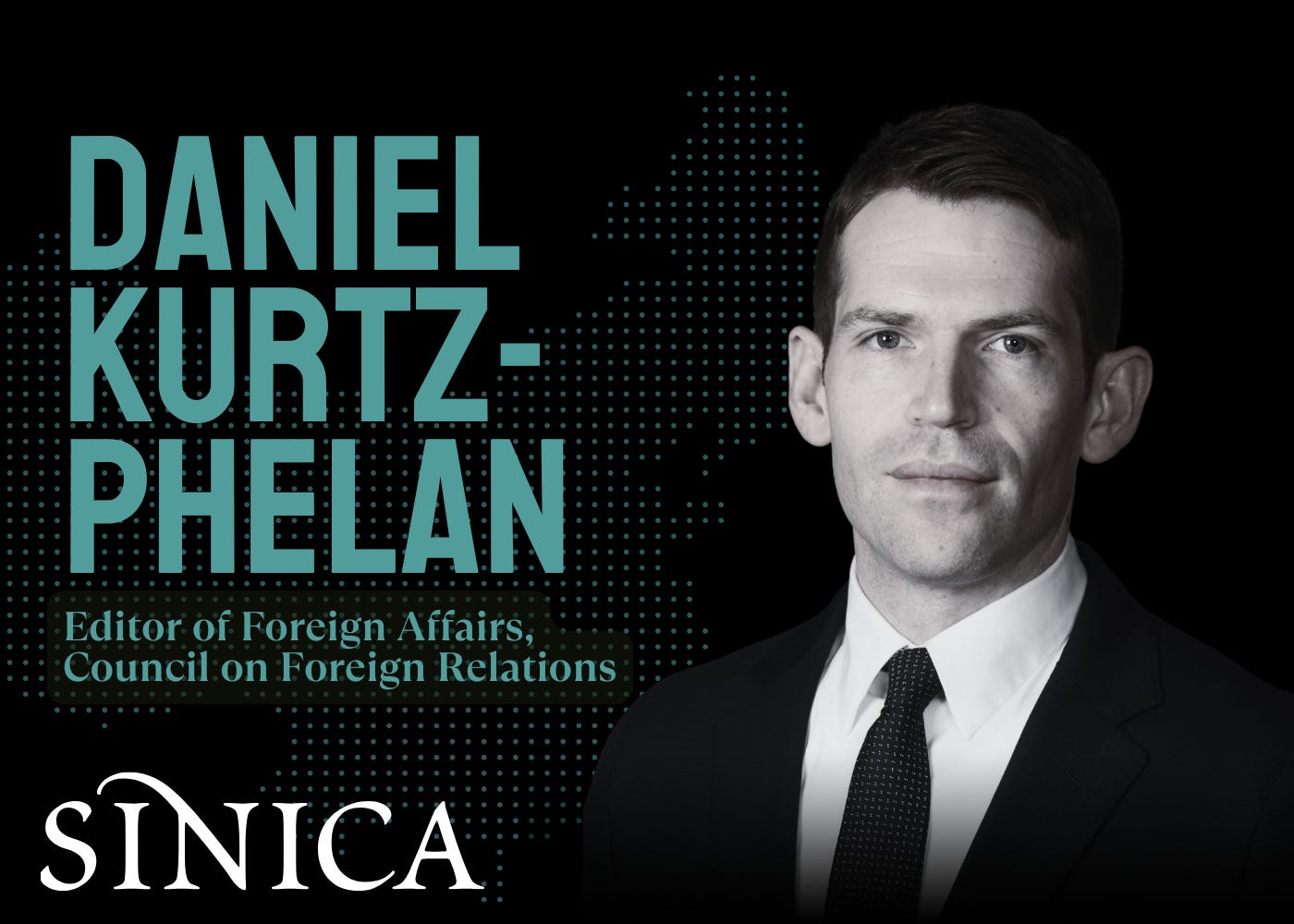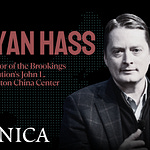This week on Sinica, I chat with Daniel Kurtz-Phelan, editor of Foreign Affairs, about how the journal has both shaped and reflected American discourse on China during a period of dramatic shifts in the relationship. We discuss his deliberate editorial choices to include heterodox voices, the changing nature of the supposed “consensus” on China policy, and what I’ve called the “vibe shift” in how Americans across the political spectrum think about China. Daniel also reflects on his own intellectual formation, including his work on George Marshall’s failed mission to mediate China’s Civil War and the cautionary lessons that history holds for today’s debates. We explore the challenges of bringing Chinese voices into Foreign Affairs, the balance between driving and reflecting policy debates, and whether we’re witnessing a genuine opening of the Overton window on China discussions.
7:15 – Foreign Affairs in the era of Iraq and “China’s peaceful rise”
12:09 – The Marshall mission and the “Who Lost China?” debate
17:17 – China’s changing role and the journal’s coverage density
19:43 – The Campbell-Ratner “China Reckoning” and subsequent debates
25:00 – The challenge of including authentic Chinese voices
29:42 – How Chinese leadership perceives and reads Foreign Affairs
32:12 – The “vibe shift” on China across the American political spectrum
35:56 – Cultivating contrarian voices: Van Jackson, Jonathan Czin, and David Kang
40:17 – Avoiding the trap of making everything about U.S.-China competition
43:12 – Diversifying perspectives beyond the Washington-Beijing binary
48:18 – The big questions: American exceptionalism and Chinese identity in a new era
51:42 – The dangers of cutting off U.S.-China scholarly conversations
56:26 – The uses and misuses of historical analogies
58:09 – Spain’s Golden Age and late Qing memes as contemporary analogies
Paying it forward: The unsung editorial staff at Foreign Affairs
Recommendations:
Daniel: Equator.org; The Rise of the Meritocracy by Michael Young; Granta’s new India issue; The Party’s Interests Come First by Joseph Torigian; The Coming Storm by Odd Arne Westad
Kaiser: The Spoils of Time by C.V. Wedgwood













